Post Time:Jun 24,2019Classify:Industry NewsView:3267
Three times stronger than aluminum, Jansen's steel frameworks integrate classic aethetics and modern style that work in sync with the specifications of good glass work. To achieve larger glass fixtures, like the Glass Monuments, aluminum frameworks should be reinforced, resulting in a more complex and voluminous structure. Steel frameworks work well with larger glass fixtures while maintaining their clean and simple form.
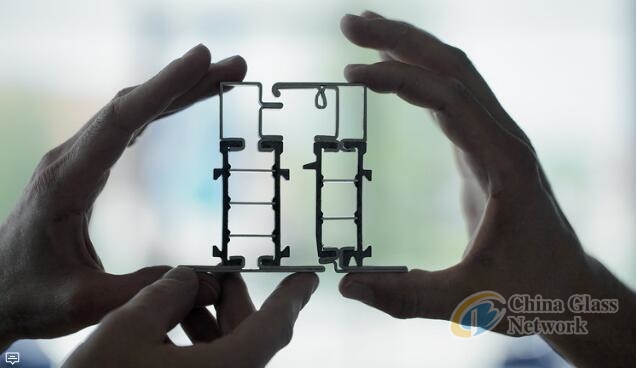
Furthermore, the welding capacity of steel takes away the need for jointed unions, eliminating problems like bending and shifting. This enables us to undertake more complex designs with less effort.
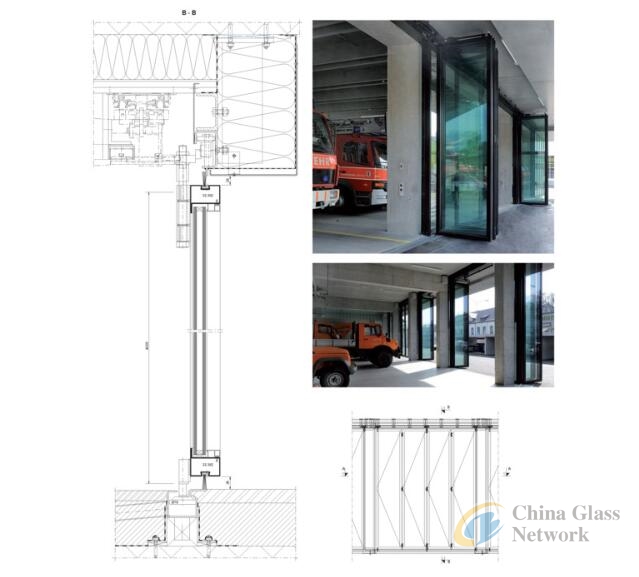
First, you need to understand the realistic needs of the project. You can add every available characteristic and property to your windows, but this usually turns out to be an exaggerated - and costly - move that won't benefit the final product in any significant way. In fact, you could choose different types of glass for every specific surface, but the project might end up being more complicated than necessary.
So we recommend looking for an integrated solution that addresses the predominant environmental conditions, for example, intense sun exposure or harsh cold.
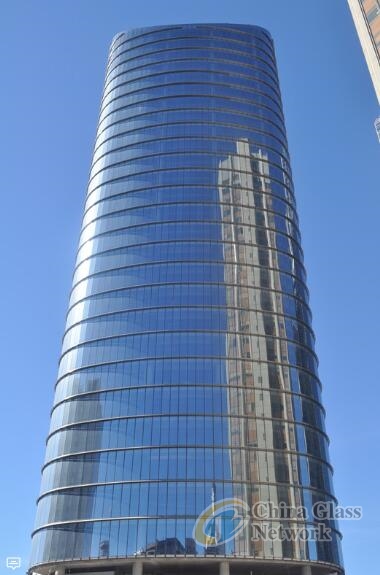
The Importance of Double-Paned Glass in Every Project
Before seeking out more specific results, it's important to understand that double-paned windows are a minimum requirement to ensure the efficiency of glass fixtures in a project, especially in terms of the thermal transmittance and sun protection required by the structure based on its location and orientation. In special applications, you can use monolithic glass fixtures but they should be thermally treated.
Solar Protection
Glass Selectivity
Solar rays emit both heat and light energy. In areas with stronger sun exposure, it's important to avoid the overheating of the structure while at the same time allowing light to enter.
For this, you should research glass selectivity, choosing a glass fixture that filters and "selects" the specific percentages of light and heat that will enter the interior space. The more selective a glass, the more light and less heat that it will let pass through. It's three times more expensive to cool than to heat a space, making solar protection an essential factor to consider when choosing glass fixtures.
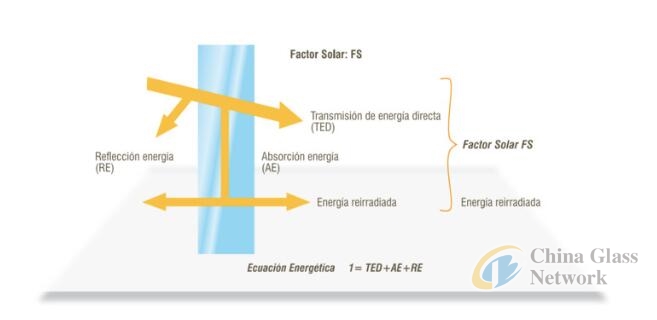
Thermal Protection
Double Paned Glass
In cold climates, a space's ability to retain heat is a key factor to address when designing and executing a project. The flow of heat passes from the warmest to the coolest areas of the structure, and if there is a window, heat escapes through it. How much heat is lost? That depends on how well your windows work.
If you choose a monolithic (or single-paned) glass, you are losing a certain number of Watts per every square meter of window. This number can be cut in half if we install a basic double-paned window, saving you almost 50% in energy costs; however, with an even more advanced window fixture, like Low-E, which have low emissivity, you can save up to 80% on energy costs.
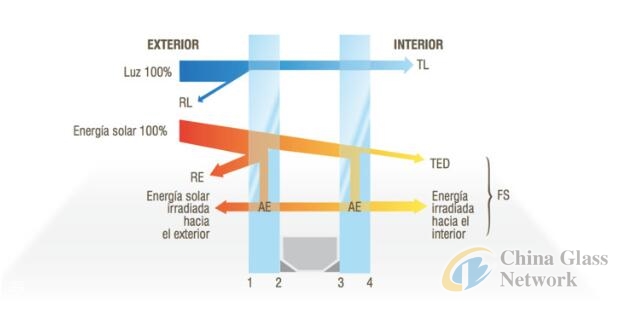
Acoustic Protection
Polyvinyl Panes
In noisy areas, double-paned glass is effective against high-frequency sounds and they can be even more effective with acoustic Polyvinyl panes, which protect against low-frequency noises as well (constant buzzing sounds that can be harder to detect but very irritating).
In extreme cases, such as airports, this solution could be even more effective by widening the space between the panes, which would significantly lower outside noise by decibels.
Source: https://www.archdaily.com/918008/Author: shangyi